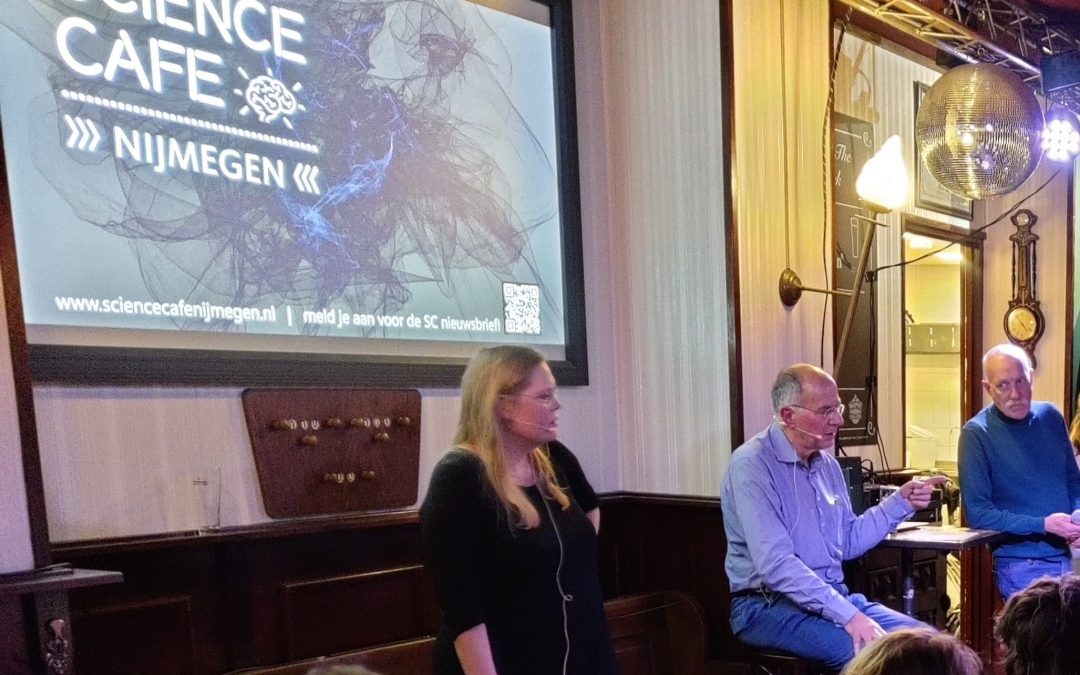Neuroinflammation
In addition to genetic factors, various environmental risk factors modulate the risk for neurodevelopmental conditions – notably those acting during the embryonic stage. The exposure to toxins, which could be a result of maternal infection, can increase the risk for neurodevelopmental conditions.
After an infection of the mother and the resulting maternal immune response, inflammatory molecules can cross the placental barrier. This may result in changed signalling regulations of immune and inflammatory cells during neurodevelopment, which in turn may provide a link between genes and central cytokine signaling pathways.
Thus, infections, inflammation and autoimmunity – together with the microbiome – are now conceived as being major players of the susceptibility to develop autism, ADHD and ID.
In our clinical studies, we are collecting blood samples to identify inflammation and other immune factors. With this information, we will be able to investigate the association between infections, inflammation and neurodevelopmental conditions. Through our collaboration with AIMS-2-TRIALS, we will also have access to samples and data from the PASS study, in which women participated during pregnancy and until the end of the child’s first year of life.



